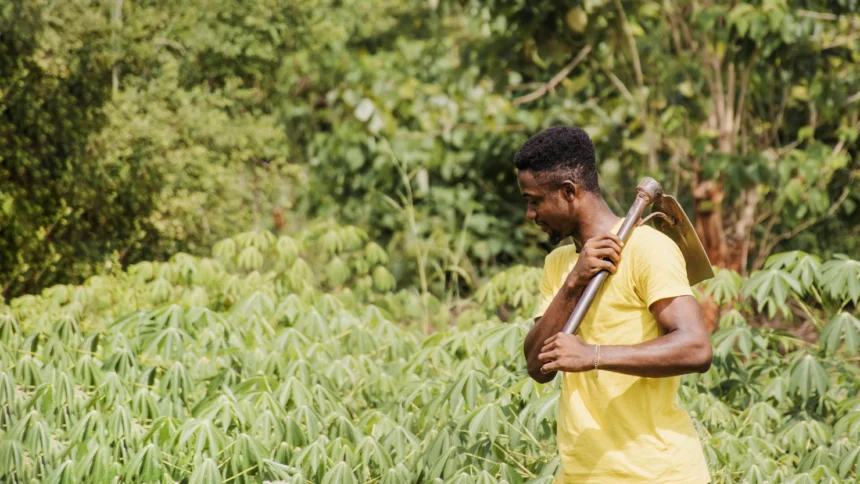Combating invasive alien species (IAS) in South African agriculture is an important task to protect the country’s ecosystems, biodiversity, and agricultural productivity. IAS are non-native species that have been introduced to an area and have the potential to cause harm to the environment, economy, or human health. They often outcompete native species, disrupt natural ecosystems, and can lead to significant economic losses in the agricultural sector.
Here are some measures and strategies that can be implemented to combat IAS in South African agriculture:
- Risk assessment and early detection: Conducting thorough risk assessments to identify potential invasive species and monitoring systems to detect their presence at an early stage is crucial. This involves regular surveillance, use of remote sensing technologies, and engaging farmers and the public to report sightings of potential IAS.
- Legislation and regulation: Implementing and enforcing strict legislation and regulations to prevent the introduction and spread of IAS is essential. This includes measures such as banning the importation of high-risk species, regulating the trade of agricultural commodities, and establishing quarantine protocols to prevent the entry of invasive pests and diseases.
- Public awareness and education: Raising awareness among farmers, agricultural workers, and the general public about the risks associated with IAS is crucial. Providing information on identification, reporting mechanisms, and prevention measures can help ensure early detection and effective control.
- Integrated pest management (IPM): Implementing IPM strategies that focus on prevention, monitoring, and control can be effective in managing IAS. IPM combines various techniques, including cultural practices, biological control, chemical control (as a last resort), and mechanical methods to minimize the impact of IAS while reducing reliance on pesticides.
- Research and innovation: Investing in research and innovation is vital for developing sustainable and effective solutions to combat IAS. This includes studying the biology and ecology of invasive species, developing biological control methods specific to the region, and exploring innovative technologies for detection and control.
- Collaboration and partnerships: Addressing IAS requires collaboration among various stakeholders, including government agencies, agricultural organizations, research institutions, and farmers. Collaborative efforts can lead to the development of coordinated strategies, sharing of knowledge and resources, and the implementation of effective management practices.
- Restoration and rehabilitation: Rehabilitating ecosystems affected by IAS is crucial to restore biodiversity and ecosystem services. This may involve the removal of invasive species, reforestation, habitat restoration, and promoting the growth of native species.
- International cooperation: Invasive species do not recognize national borders, so international cooperation is essential. South Africa can collaborate with neighboring countries and international organizations to share information, coordinate efforts, and prevent the spread of IAS across borders.
By implementing these strategies and fostering a proactive and collaborative approach, South Africa can effectively combat invasive alien species in agriculture and protect its natural resources and agricultural productivity.
Join 'Farmers Mag' WhatsApp Channel
Get the latest Farming news and tips delivered straight to your WhatsApp
CLICK HERE TO JOIN






